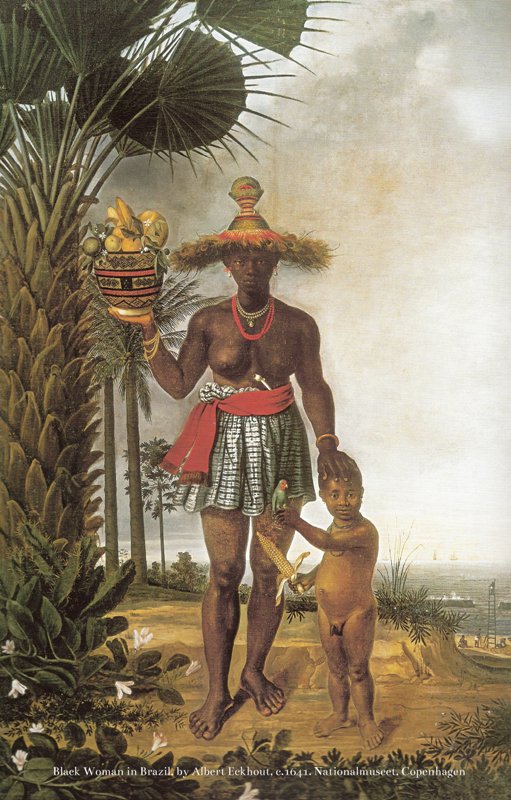Introduction
 The research group Ethnographies, Cultural Encounters and Religious Missions in the Iberian World (ECERM) aims to contribute to a fuller exploration of the Iberian dimensions a field of research which has received increasing attention from historians of early modern globalisation. Its members, based at Universitat Pompeu Fabra in Barcelona, have in the last few decades been involved in defining the parameters of the new methodology of the history of travel writing, ethnography and cultural encounters at the international level, by combining an anthropologically informed cultural history and a richly contextualised intellectual history. ECERM aims to consolidate this methodology in connection to the comparative history of the Iberian empires of Spain and Portugal in America, Africa and Asia.
The research group Ethnographies, Cultural Encounters and Religious Missions in the Iberian World (ECERM) aims to contribute to a fuller exploration of the Iberian dimensions a field of research which has received increasing attention from historians of early modern globalisation. Its members, based at Universitat Pompeu Fabra in Barcelona, have in the last few decades been involved in defining the parameters of the new methodology of the history of travel writing, ethnography and cultural encounters at the international level, by combining an anthropologically informed cultural history and a richly contextualised intellectual history. ECERM aims to consolidate this methodology in connection to the comparative history of the Iberian empires of Spain and Portugal in America, Africa and Asia.The cultural dimension of early modern European colonialism has been often regarded as a secondary phenomenon to the economic motivations driving the enterprise. However, during the last two decades, the importance of cross-cultural encounters to the globalization process has received more attention from international historiography, and both cultural and intellectual history have become central to a New Imperial History. This historiographical turn had two main aspects: on the one hand, the critical study of the representations of non-European peoples, as well as the theorization of cultural diversity (religions, languages, laws and customs) in early modern Europe; on the other hand, the study of religious missions based on the perspective of the New Cultural History - that is a cultural history inspired by anthropology. To these two main aspects, it is possible to add a third and more recent one: the study of intercultural diplomacy. All these three aspects are closely connected. Missionaries and ambassadors often became ethnographers and historians, and religious proselytizing was an important element of the imperial activities of the Catholic monarchies.
ECERM is an innovative research group which covers the ethnographic, diplomatic and religious elements of cross-cultural encounters, adopting an ambitious long-term research programme. Our research aims to be truly global, covering several regions where there were ethnographic and religious activities supported by the early modern Spanish and Portuguese overseas empires, such as North Africa, Mexico, Peru, Brazil, Ethiopia, India, Persia, Japan, China, the Philippines, the Marianna Islands, and elsewhere in South-East Asia. We also aim to break the traditional isolation of the study of the two Iberian empires, the Spanish and the Portuguese, by offering a comparative perspective which explores the several connections established by these two imperial systems before, during and after the Union of the Spanish and Portuguese Crowns between 1580 and 1640.
Our analytical model is interactive. It studies European sources in detail, but it is also concerned with the non-European perceptions of Europeans. For example, we are currently undertaking a comparative study of European and Chinese ethnographic genres and travel writing, and we are also planning to enlarge our perspective by establishing collaborations with experts on Persian and Arab literature.
